United Kingdom
Saving the UK’s declining bee population is a number’s game.
This one is number 820, she’s part of a growing squadron oblivious to the tags on their backs.
They’ve been let loose across London to help scientists from Queen Mary University monitor their movements.
Dilem Canty is one of the researchers involved in this project. She’s searching parks and gardens and cataloguing numbers.
It wasn’t long ago that Canty carefully tagged the bee number 733 herself.
She show us how its done:
“First I picked the honey bee in my hand, it’s a baby honey bee, and I get the toothpick and I just put the tag on top of it and then I get the superglue… and I just put a little dab of it onto the bee, just enough to stick the tag onto it,” said Dilem Canty, the project researcher at Queen Mary University of London.
The bees are estimated to contribute as much as 650 million UK pounds (approx. 840 million US dollars / 778 EUR) to the British economy.
Much of the decline in bees in the UK is due to the reduction in wildflowers as urban areas have expanded and pesticide use has persisted.
Study leader Professor Lars Chittka says bees are vital to the farming industry – and to our food.
“They contribute to one third of the food we eat by way of pollination. They pollinate all the crops that in turn generate vegetables and potatoes and if it wasn’t for bees then we’d have to do the pollinating and that would be a very tedious and expensive job to do,” he said.
The Queen Mary University is relying on Londoners, and maybe even people further afield, to help them map out which are the bee friendly areas of the city and maybe create a few more in the process.
Bee spotters are being asked to make a note of the bee’s number and take a photograph to enter in a competition (prizes of £100 Amazon gift vouchers will be awarded for the best photo of a QMUL-tagged bee on a flower, for the highest number of QMUL-tagged bees spotted and for the best photo of a London bee-friendly garden).
The university also encourage Londone rs to plant flowers which are rich in nectar and pollen (like English lavender, viper’s blugloss, or spiked speedwell).



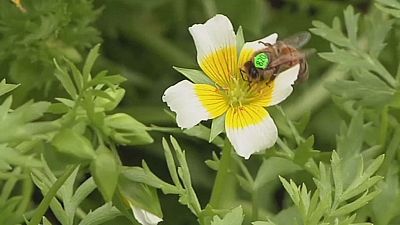

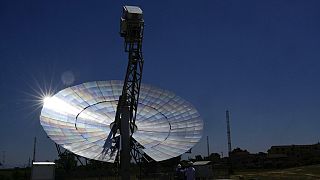

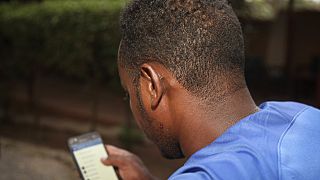
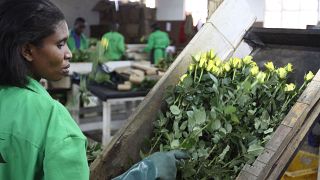
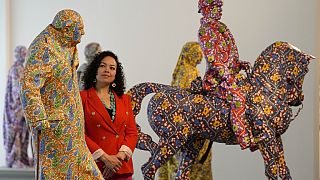
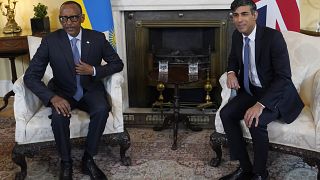
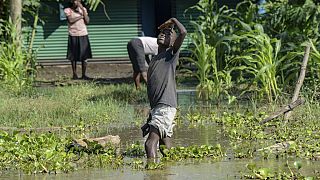


02:17
The US and the UK condemn Iran's attack on Israel
01:11
UK man runs the length of Africa in 10,000 miles and 352 days
00:51
Why is Botswana threatening to send herdes of elephants to Germany?
02:15
Kenya: Sand dams built on seasonal rivers providing clean water for local communities
Go to video
The UK's contentious plan to send asylum-seekers to Rwanda is close to clearing Parliament
02:30
UK Rwanda plan impacting asylum seekers in Britain